With only a few weeks until the 2021 Learning Awards we continue this weekly series of L&D QuestionTime featuring those individuals shortlisted – today we hear from Tim Haarlemmer – Shortlisted in the Learning Professional of The Year Category.

In your opinion what is the biggest anxiety within the world of learning and development at the moment?
Well, in some ways it is obvious I think with corona all around us. The question might be “Am I waiting for this to blow over or am I able to structurally improve the way we do L&D”. Will we stay stuck in short term problem solving or will we build a new L&D infrastructure? There are so many ‘new’ L&D methods and technologies that have been waiting for the right time to finally become of real use!
Who or what is informing your thinking around L&D?
Since my education in business administration I have always been looking for the real / strategic business challenge. Only later I got into learning. Learning is a tool you can use to change the behaviour of people. That does not mean learning is the only tool for that. I have frequently discouraged learning as a viable business solution. Still I consider learning as one of the main tools to implement strategy.
My background in philosophy and zen & meditation practice also helps me a lot. Philosophy helps me to ‘play’ with the frame/ideology that people have of learning. It boggles me every time how top management sees learning as a staff function, when you look at it from a distance. Is it not the main task of management to make sure all employees can reach the organisation’s goal? Why do we have this strange outlook on learning sometimes? Should we rename L&D to the strategy implementation department?
I work in innovation and learning of healthcare. In this role I pay close attention to science and technology. I collaborate with professors and try to stay updated on technological possibilities. Although I work in innovation I get a lot of inspiration from monasteries, martial arts, cults and sects. In some way they are the early forms of ‘learning cultures’ and ‘life long learning’. Not all innovation is technology driven, on the contrary. Spending a month in a Chinese kung fu academy for example taught me a lot about learning (and of course…: organizing learning discipline).
What is the most exciting innovation on the horizon for learning?
I do not think there is a most exiting innovation on the horizon. The horizon might also not be the place to look for improvements. The biggest compliment I can get after innovating and creating a learning culture is that professionals say ‘this was not super innovative’. Why? Because this means I have reached the necessary results by building in the organization’s proximal zone of development. A lot of clients look for the next big ‘solution for everything’, which suppliers of course deliver, but never really attain the advantages we expect of them. We’d rather pay for fancy products than to start working from the discomfort of our own/internal incompetence. Although incompetence might sound harsh, it is the actual problem. As long as we don’t work with what is – the incompetence – innovations (be it social or technological innovation) will be ineffective.
What “game changers” would you like to see and why?
The typical frame of learning is: [learning situation] – [black box] – [learning situation]. This is not only true in learning, but also in e.g. (mental) healthcare. From a user perspective this is quite strange. The black box part is most important for the user/learning/client.
Game changers are every structure we can design to support continuous improvement in real strategic organizational challenges and changes. By the latter I mean that learning plays a vital role staying agile and relevant in the areas we wish to be in. I wish we could look at problems strategically and holistically and innovate until the problem is solved.
In the field of healthcare and wellbeing I really hope we can support citizens, clients and patients more effectively with their own lifestyle and self-management. We can also do this much more effectively in business. A game changer is then to move away from the dualism of responsibility for lifestyle changes. It is not an either the organization or the individual. Individuals are way too susceptible to their environment. Organizations can support lifestyle changes in their environment and it is the individual’s choice and responsibility to use the environment for lifestyle changes.
What do you think the world of L&D will look like by 2030?
If it still exists in this form as a separate department I hope it will be in the strategic role as I have described above. If we’re able to do this we might also be able to more effectively tap into the technological possibilities. For example, if healthcare really wants to improve self-management and lifestyle of patients, then most organizations need a strategic redesign. This is quite serious. We will ask the questions about how we can effectively do this and technology will be integrated in the business (and not on top of ‘business as usual’). In this scenario I do see possibilities for a more extensive use of ‘in the moment’-behavioural support through for example (AI) coaching and wearables. This technology can only thrive in a supporting context in which there are rituals and institutions that stimulate behavioural change (or learning).
What advice would you give your 21 year old self?
I think I am and especially was quite result-oriented. It has been a great help to me, but can also be a disadvantage. Paying more attention to the results than to the process results in suboptimal results. It refrains me from starting with what is now. We have named our business ‘Shoshin’ that – in the zen tradition – refers to the beginner’s mind. It is the mindset we have when we try or experience something new or as new. Meditation can be quite boring and yet it is new every time. It requires letting go of expectations and be with what is. This is what I would advise my 21 year old self.
About Tim:
Tim has an academic background in business & innovation, learning and philosophy. Tim tries to keep up with the science and technology of vitality, happiness and behavioural change (MOOCs, books and papers). By principle he actively experiments with everything. Tim experiments with all kinds of quantified self technology, also invest significantly in martial arts, meditation and retreats.
Connect with Tim on LinkedIn
Register here to enjoy the biggest show in learning, from the comfort of your arm chair & without having to leave home!
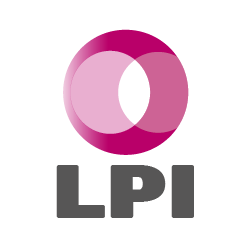

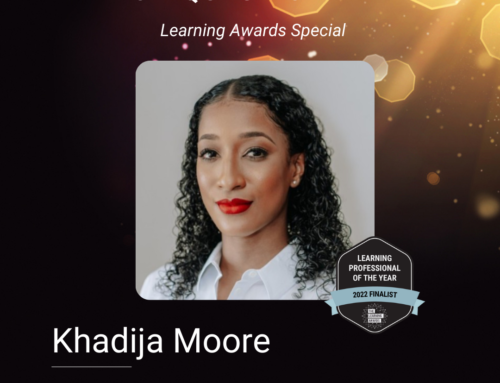
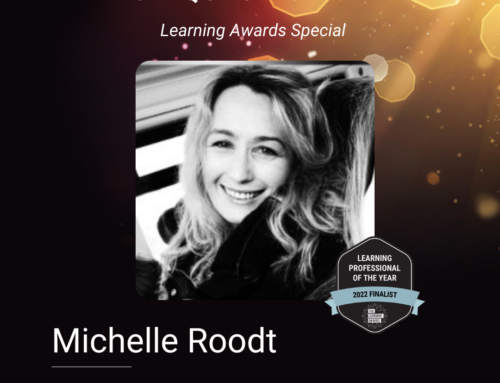
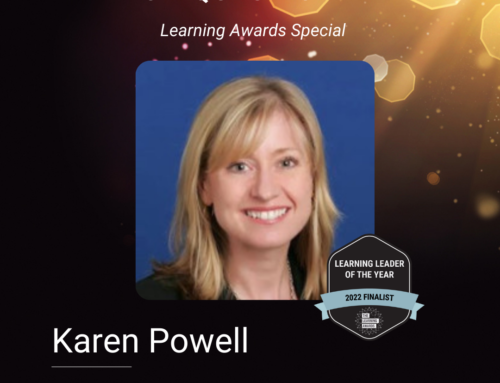
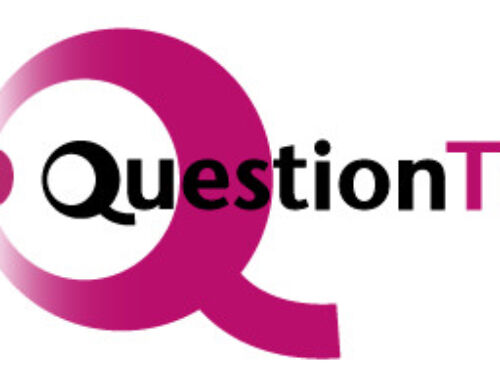

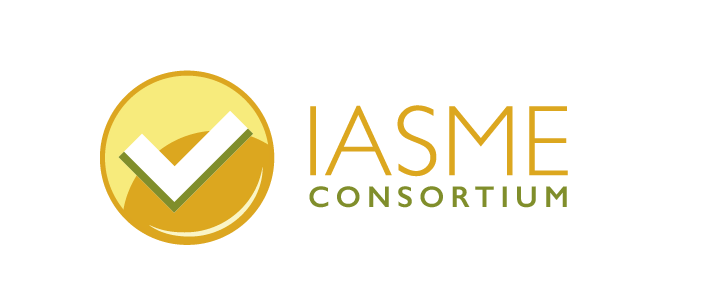

Leave A Comment